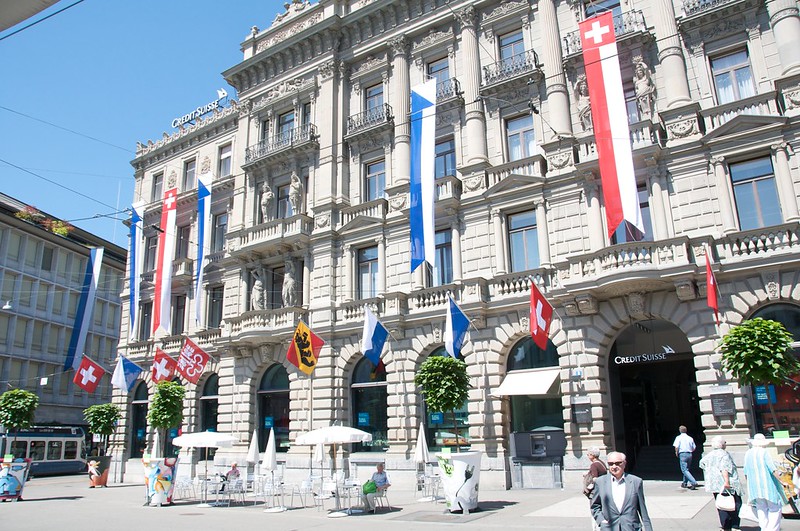According to Swiss media, they are going after the whistleblower.
Switzerland is renowned for enforcing perhaps the world’s strictest banking privacy laws. Article 47 of the country’s 1934 Banking Act states that anyone who “discloses information about bank customers to other people” can be punished with up to three years in prison.
This applies even to journalists who expose criminal behavior or other wrongdoings of urgent public interest, such as money laundering and tax evasion. Essentially, the country offers a safe haven for criminal finances, where they may be stored without fear of discovery.
Though the revelations of Suisse Secrets drew the ire of the EU, World Bank, and even Switzerland’s own political parties, the country’s parliament ultimately decided not to reform its banking privacy laws in spite of its violations against press freedom.
Running off the momentum of this victory, Credit Suisse filed a complaint to the Federal Prosecutor’s Office (MPC), which subsequently opened an investigation into “economic intelligence services, violation of business secrecy and violation of banking secrecy.”
Prosecutors will now be seeking to identify the person(s) behind the leak, which exposed data—going back as far as the 1940s—on roughly 18,000 Credit Suisse accounts and 30,000 account holders.
If the whistleblower is found, he or she may face prosecution for economic espionage.
Since economic espionage is considered a political offense in Switzerland, the MPC pointed out that it requires the authorization of the Federal Council and the Federal Department of Justice and Police (FDJP) in order to proceed. The FDJP has reportedly already given their consent.
The MPC decision to pursue a case against the whistleblower comes in spite of the fact that the investigation unearthed some of Credit Suisse’s shadiest clients. This includes Venezuelan oil executives who looted at least US$11 billion from the industry via fraud, bribery, and currency scams; as well as a Tajikistan state official, whom the U.S. dubbed a “mafia kingpin”.
“This practice is worthy of the worst authoritarian states. It must be stopped,” said General Secretary of the European Federation of Journalists Ricardo Gutiérrez.
Credit Suisse denied all allegations of wrongdoing immediately following the investigation's release.
Still, there are those in Switzerland’s political arena who recognize that Article 47 allows the country’s financial institutions to get away with all of this. Geneva State Councillor and Social Democratic Party official Carlo Sommaruga filed a criminal complaint against the bank, saying that “we have to tell this establishment that enough is enough.”
The individual behind the leak sent a message to Süddeutsche Zeitung, one of Germany’s largest newspapers, in which they decried banking secrecy as “immoral” and how it deprives “developing countries of much-needed tax revenues.”
They similarly addressed Switzerland’s lawmakers and citizens, highlighting that “the responsibility for this situation does not lie with the banks but rather with the Swiss legal system..Simply put, Swiss lawmakers are responsible for enabling financial crimes and—by virtue of their direct democracy—the Swiss people have the power to do something about it.”

